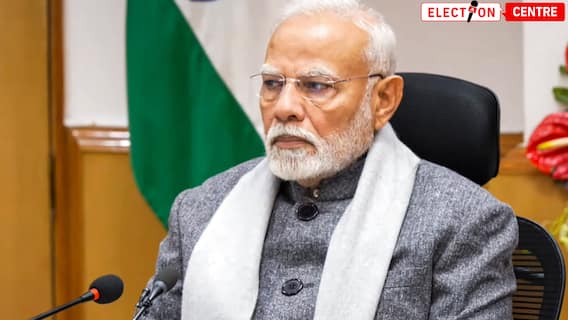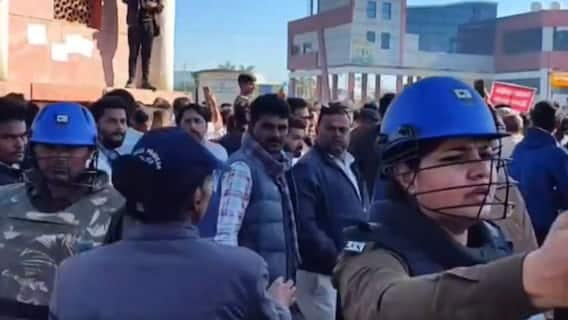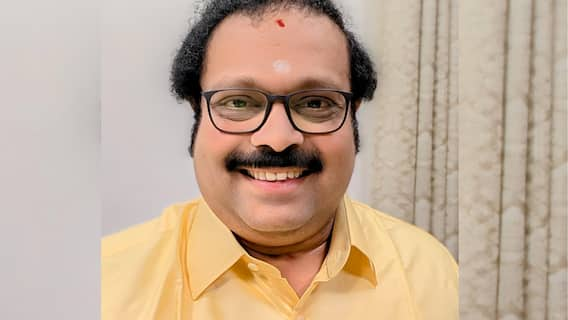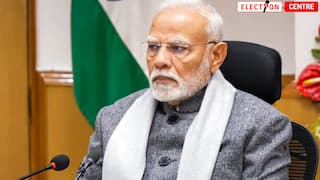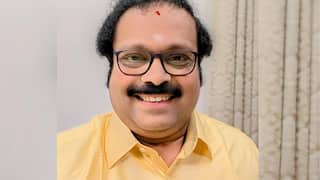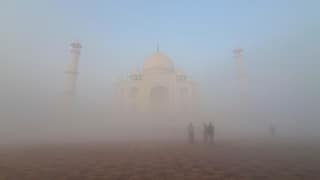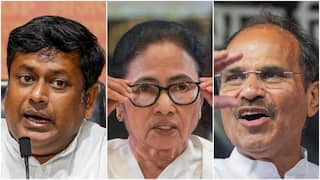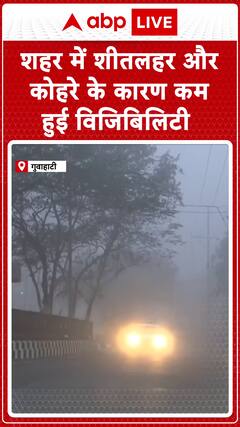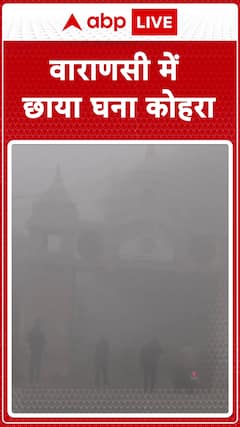22-Year-Old Indian Medical Student Dies In China, Kin Seek MEA Help To Bring Back Body: Report
After a mandatory eight-day isolation on reaching China, Abdul Sheikh had been interning with Qiqihar Medical University in northeast China's Heilongjiang province.

New Delhi: A 22-year-old student from Tamil Nadu, who had been studying medicine in China for the past five years, died of an illness, and his economically weak family has requested the foreign ministry for help them bring back his body.
According to reports, the student, identified as Abdul Sheikh, had been doing medical internship in China towards the end of his course. He had returned to India recently and went back to China on December 11.
After a mandatory eight-day isolation on reaching China, Sheikh had been interning with Qiqihar Medical University in northeast China's Heilongjiang province. However, he fell ill and had to be admitted to the intensive care unit, where he died, as per reports.
The student's family has asked the foreign ministry for help in bringing back the body. The bereaved family has also appealed for help to the Tamil Nadu government.
Meanwhile, the World Health Organization (WHO) has again urged China to regularly share their specific and real-time data on the COVID-19 situation in the country, amid a massive surge in coronavirus cases after Beijing relaxed its strict "zero-COVID" policy. The global health agency has asked Chinese health officials to share data on genetic sequencing, hospitalisations, deaths and vaccinations.
A high-level meeting took place between officials from WHO and China on the current surge in COVID-19 cases to seek further information on the situation, and to offer WHO's expertise and further support, a WHO statement said on Friday.
“WHO again asked for regular sharing of specific and real-time data on the epidemiological situation — including more genetic sequencing data, data on disease impact including hospitalisations, ICU admissions and deaths —and data on vaccinations delivered and vaccination status, especially in vulnerable people and those over 60 years old,” it added.
Trending News
Top Headlines








